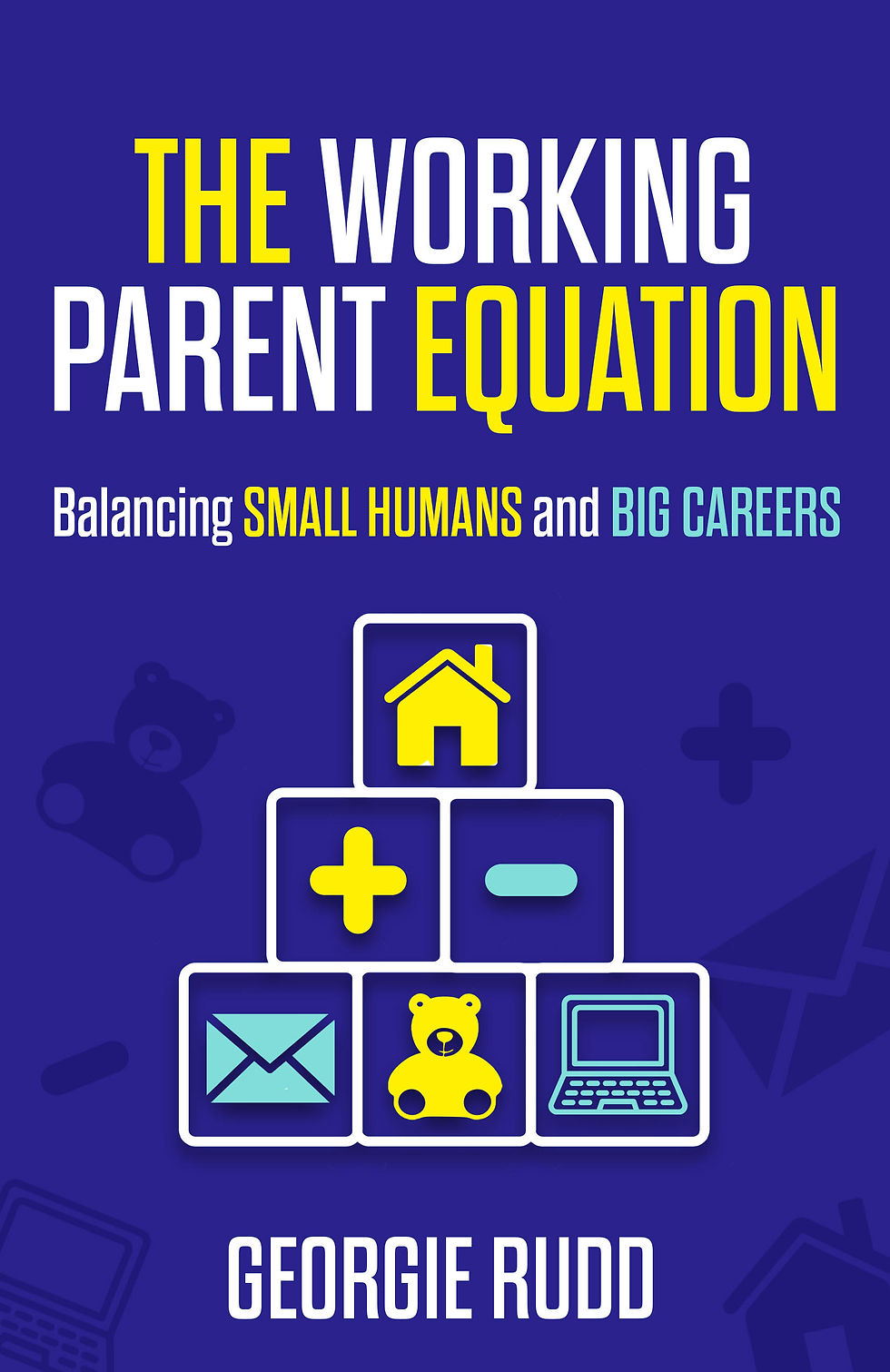Buyer's guide to coaching: how to mine for gold
- georgierudd
- Jun 9, 2023
- 4 min read

The coaching profession is booming. The number of global coaching practitioners grew by a staggering 54% between 2019 and 2022 and the market is now thought to be worth $4.5bn, which is 60% more than in 2019*.
And yet, this fast-growing market is still unregulated so how can you find the best and highest quality professional coaching, which is also ethical and safe, in a marketplace where almost anyone can call themselves a coach?
If you're a buyer for a firm or an individual looking for professional coaching, you want to find gold amidst the mediocre (and certainly questionable, but possibly potentially damaging) alternatives. Coaching treads a find a line along adjacent areas like therapy and it can often go deep when we're working on mindset and behaviours; working with coaches who are fully trained and accredited with ethical clarity and the appropriate supervision is important. Coaching can also be expensive due the highly tailored, personalised experience which is often 1:1, so you want it to be sure it is very effective and a great return on investment.
I've sat on both sides of the buying table. I am both an Executive Coach and a previous Head of Learning (a buyer of coaching) which affords me a unique perspective on what to look for.
I've prioritised my top 10 things to look for when considering working with a coach and hope this proves helpful in navigating the field.
1. Accreditation: look for a qualification awarded by a well-regarded professional body. For example, ICF, EMCC, AC. These large, key professional bodies require coaches to have trained at length, studied theory and practice, completed exams, conducted extensive reflective practice and had coaching sessions formally assessed. The badge doesn't guarantee the coach is the one for you but it's an important hygiene factor to find the people who've invested serious time, energy and money in learning the very best practice.
2. The coach should offer a free, no obligation initial meeting with any potential coachee, usually 30-45 mins. It’s often called a chemistry meeting and is an opportunity for both the coach and potential coachee to get a flavour of what it would be like to work together.
3. The coach should be investing in coaching supervision for themselves on a regular basis. This is usually at least quarterly, can be 1:1 or in a group setting and will be with an accredited coach supervisor.
4. Flexible to work tripartite at the start and end of the coaching and maybe in between where it's helpful. Tripartite means the coach, coachee and line manager meeting up as part of the assignment, usually to agree a clear north star for the coaching and to take stock along the way. It's not always the right option but a good coach will be confident and able to operate in this way where it's beneficial.
5. Has a recommended duration for the coaching assignment but with the flex to extend or close early as needed. It's sometimes hard to say at the front end how many sessions will be optimum but there is usually a range based on experience. Good coaches won't recommend an endless series with the potential to extend over years; this is ineffective and can create dependency. Better to have a focused series that ends and then re-engage as things change again the future.
6. The coach should be able to articulate their clear stance on confidentiality, boundaries and ethical exceptions. The work needs to be confidential between coach and coachee so the how/when/why re: feeding back high level themes or flagging issues that relate to duty of care/safety really need to be understood upfront.
7. Coaching can unearth some things that may need to be followed up in therapy rather than expanded in the coaching setting. It's a fine line. Can the coach clearly articulate how they differentiate between coaching and therapy needs and where they draw the line to ensure they are keeping their practice safe and within their professional area of expertise?
8. Coaches who want to be a true partner with you/your firm may offer to take the time to share back organisational development themes across different assignments. If for example the coach notices 6 out of 10 assignments centre on confidence in sales, there could be a smarter larger scale learning offering beyond coaching.
9. The coach should have a CPD plan for at least the next 12 months. A great coach won’t stand still but will be deepening their practice so ask them what are they investing in learning more about or going deeper with in the near future?
10. Finally and possibly the best test of a great coach once the hygiene factors are satisfied is this: what is your experience of meeting them like? In business meetings with you as the buyer, does the coach listen to you, ask great questions and show genuine curiosity? This tells you so much about their approach. Whilst they need to tell you enough about them to give you the info you need, it's a bad sign if the coach spends 25 minutes out of 30 doing all the talking.
*source: ICF Global Coaching Study 2023
Georgie Rudd is an ICF accredited Executive & Leadership Coach. She runs Rudd Coaching Ltd, splitting her time between 1:1 coaching, group coaching and facilitation of leadership development programmes. Georgie specialises in coaching for professional services. She works with clients at key career moments of truth to help clients enjoy long term sustainable success. These big moments include promotion, how to succeed once you get promoted, return from parental leave, playing to your strengths and stepping back from the brink of burn-out. She is also co-founder of Think Perspective (www.thinkperspective.com), running the Listening Lab to help people and teams to unlock innovation, build trust and generate greater autonomy.
Contact georgie@ruddcoaching.co.uk for more information.




Comments